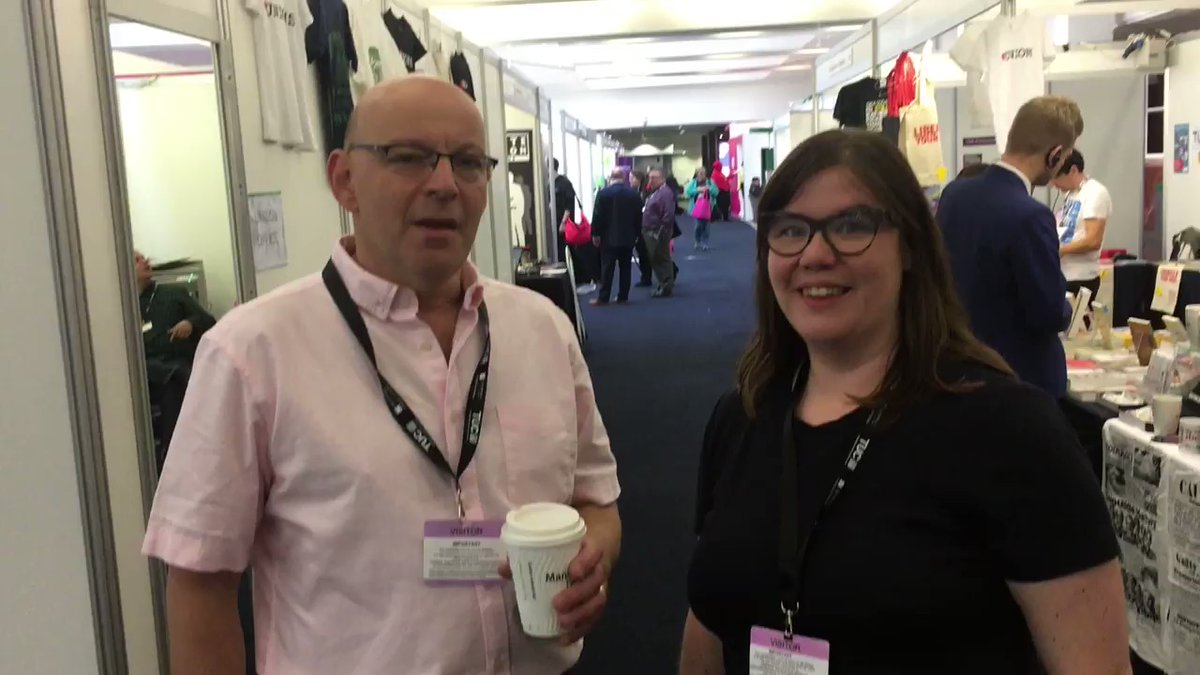Episode length: 45:55:00
In the latest Unions21 podcast, Becky and Simon talk to Danny Mortimer – chief executive of the NHS Employers’ organisation.
This is not as surprising a choice as it may seem for an avowedly union/worker publication. The lack of co-ordination and appetite amongst employers is frequently cited – by us and others – as a major inhibitor of good industrial relations and collective bargaining. So, when the lead negotiator for the largest group of workers in the country offers to spend some time sharing his thoughts, that seems a good opportunity – to gain some insights and test some bona fides.
And Danny did indeed open up. Our discussion – as you’ll hear on the podcast – was candid, wide-ranging and quite challenging.
Anyone who has held a negotiating brief will know that the relationship you develop with whoever is on the other side of the table is crucial. Creating and maintaining that relationship depends on understanding your counterpart, both as a person and as the representative of their organisation. So, the first take-away from this episode for me was a reminder of just how much that relationship matters, and how insights into what makes the employers’ tick are a vital part of that understanding.
A second take-away, which Becky and I reflect on in the podcast, is on the limits of collective bargaining. For all the willingness and capacity of the NHS employers, under Danny’s leadership , to engage with NHS unions, there is still a funding crisis which is putting the service under great and increasing strain, there are still over 100,000 outsourced staff working for minimum wage contractors, and the cliff-edge collapse of staff from other EU states post-referendum show that parameters with in which the constructive employer-union relationship plays out cannot be separated or insulated from political and public-policy debates. So when, in the podcast, Danny talks about staff who have a less satisfactory employment experience than others, it had a particular resonance for me – I wonder if others will feel the same.
Does this restriction mean that the relationship is hopelessly compromised? The answer to that has to be “No.” The negotiating agenda covers many many things that directly affect the lives of hundreds of thousands of employees, their families and the health care that we all rely on. RCM Director of Employee Relations Jon Skewes gave his views on the value of the interaction in one of our podcasts from last year (listen here), and certainly the creation of a forum to specifically work through the challenge of Brexit (the Cavendish Coalition) was impressive collaborative work which many industrial sectors would have done well to mimic.
We live in strange times and the need, value and importance of building alliances for overarching or vital goals has never been greater, as the O’Grady-Fairburn declaration illustrated. The NHS negotiating machinery has a full agenda and should still be regarded as something of a standard-setter. But how the model now develops is something we all need to watch.
You can listen to this and all episodes of the Unions 21 podcast here. Download, listen, share, rate, enjoy!



